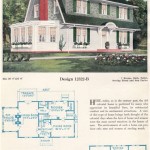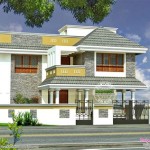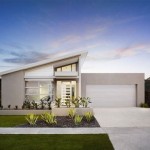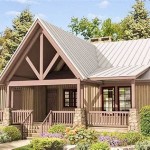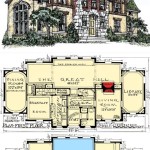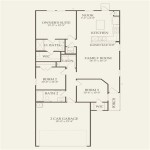Glass House Floor Plan: Essential Aspects to Consider
Glass houses captivate with their stunning aesthetics and natural ambiance. However, designing a glass house requires meticulous planning to ensure functionality, comfort, and privacy. Here are essential aspects to consider when creating a glass house floor plan:
1. Natural Light Optimization: Glass houses harness ample natural light, reducing energy consumption and creating a sense of spaciousness. Position the house to maximize sunlight while minimizing solar glare. Consider the direction of the sun throughout the day and incorporate windows, skylights, and glass doors strategically to flood the interior with natural light.
2. Thermal Considerations: Glass walls can present challenges with temperature regulation. Choose energy-efficient glass panels with low emissivity coatings to prevent excessive heat loss or gain. Incorporate thermal curtains, blinds, or automated shading systems to regulate temperatures and enhance privacy.
3. Privacy Control: While glass houses emphasize transparency, privacy is still important. Use frosted or tinted glass in areas that require privacy, such as bathrooms or bedrooms. Consider privacy screens around patios or outdoor showers to prevent visibility from outside.
4. Structural Stability: Glass walls require a robust structural framework to ensure safety and stability. Hire a qualified architect or engineer to design a floor plan that balances the use of glass with appropriate structural support. Ensure walls are angled or reinforced to withstand wind loads and seismic activity.
5. Maintenance Requirements: Glass houses require regular maintenance to keep them in pristine condition. Plan for easy cleaning of windows, skylights, and glass surfaces. Choose durable glass materials that are resistant to scratches and weathering.
6. Flow and Connectivity: Glass houses often feature open-plan layouts to maximize the flow of natural light and create a sense of spaciousness. Ensure that the floor plan allows for seamless transitions between indoor and outdoor spaces. Consider the placement of windows, doors, and terraces to foster a connection with nature.
7. Ventilation and Airflow: Natural ventilation is crucial for maintaining a comfortable indoor climate. Incorporate cross-ventilation strategies by placing windows and vents opposite each other to allow for airflow. Consider installing ceiling fans or exhaust systems to enhance ventilation and reduce moisture accumulation.
By carefully considering these essential aspects, you can design a glass house floor plan that balances transparency, comfort, and functionality. With meticulous planning and attention to detail, your glass house will become an oasis that seamlessly blends with its natural surroundings.

Plan Glass House From Johnson 1950 157 As Reprinted In Writings Scientific Diagram

House For Building Casa De Cristal Arquitectos Famosos

A Must Know Design Destination The Glass House

Glass House 126 Wood Ritningar Små Hus Blueprints Husritning

Glass House New Canaan Connecticut Philip Johnson 1949 Source Scientific Diagram

Glass House

Prefabricated Glass House By Revolution Precrafted Inhabitat Green Design Innovation Architecture Building

The Doonan Glasshouse Sarah Waller Design Archdaily

Glass House 126 Wood Kontio Small Floor Plans Building

Stunning And Functional Kontio Glass House 50



